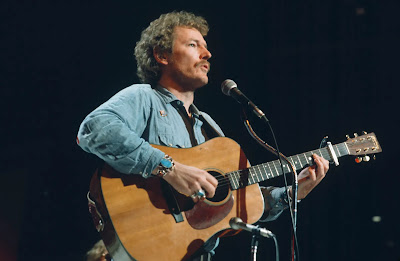Posts
Showing posts with the label marty robbins
September Is Country Music Month ~ Oops, Let's Go Back
- Get link
- X
- Other Apps
1968 ~ Caught Between Two Musical Worlds
- Get link
- X
- Other Apps
The Trouble With Naming Your Ten...or Twenty Best Songs
- Get link
- X
- Other Apps
